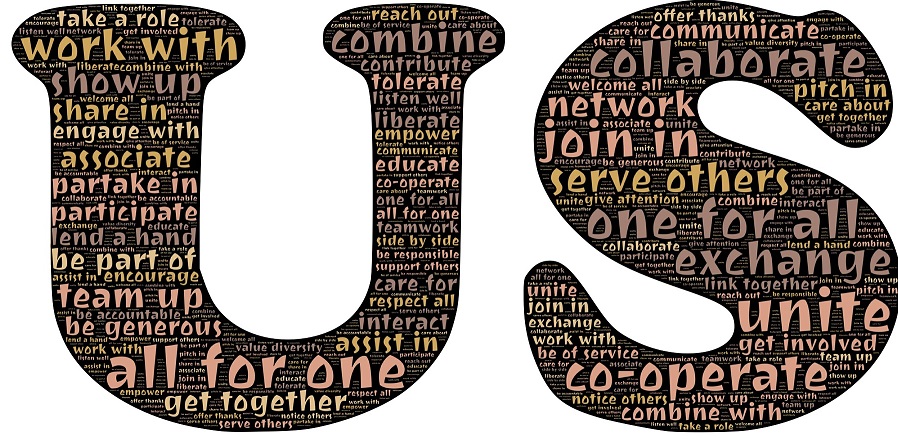Written by Joao Fabiano
Since the idea of enhancing human morality was proposed – and perhaps long before then – there has been a great deal of scientific research directly or indirectly inspired by the goal of improving human moral dispositions. Manipulations which result in increased levels of cooperation, prosociality or altruism are often seen as promising discoveries towards the path of developing moral enhancement technologies. The fact that increasing cooperation between individuals would be going in the wrong direction seems to be ignored. The problem moral enhancement proposes to fix is large-scale cooperation – cooperation between groups of individuals – not between individuals inside a group. Issues like global warming and nuclear disarmament arise primarily in the interaction between large groups of individuals, not in the interaction of individuals within the same group.
In actuality, humans already cooperate well inside small groups. We have evolved many emotional and cognitive mechanisms which enable us to function quite satisfactorily in the context of small cooperative groups such as the ones more frequently prominent in pharmacological research. Many have proposed local economies as the ideal design for producing sustainable management of common resources[1]. There is not that much room for improvement there.
On the other hand, when it comes to interactions between groups of different religions, nationalities and morals we can fail spectacularly. What’s more, our ability to cooperate well inside groups seems to be directly correlated with our inability for cooperation between groups.Read More »Less cooperation, please




